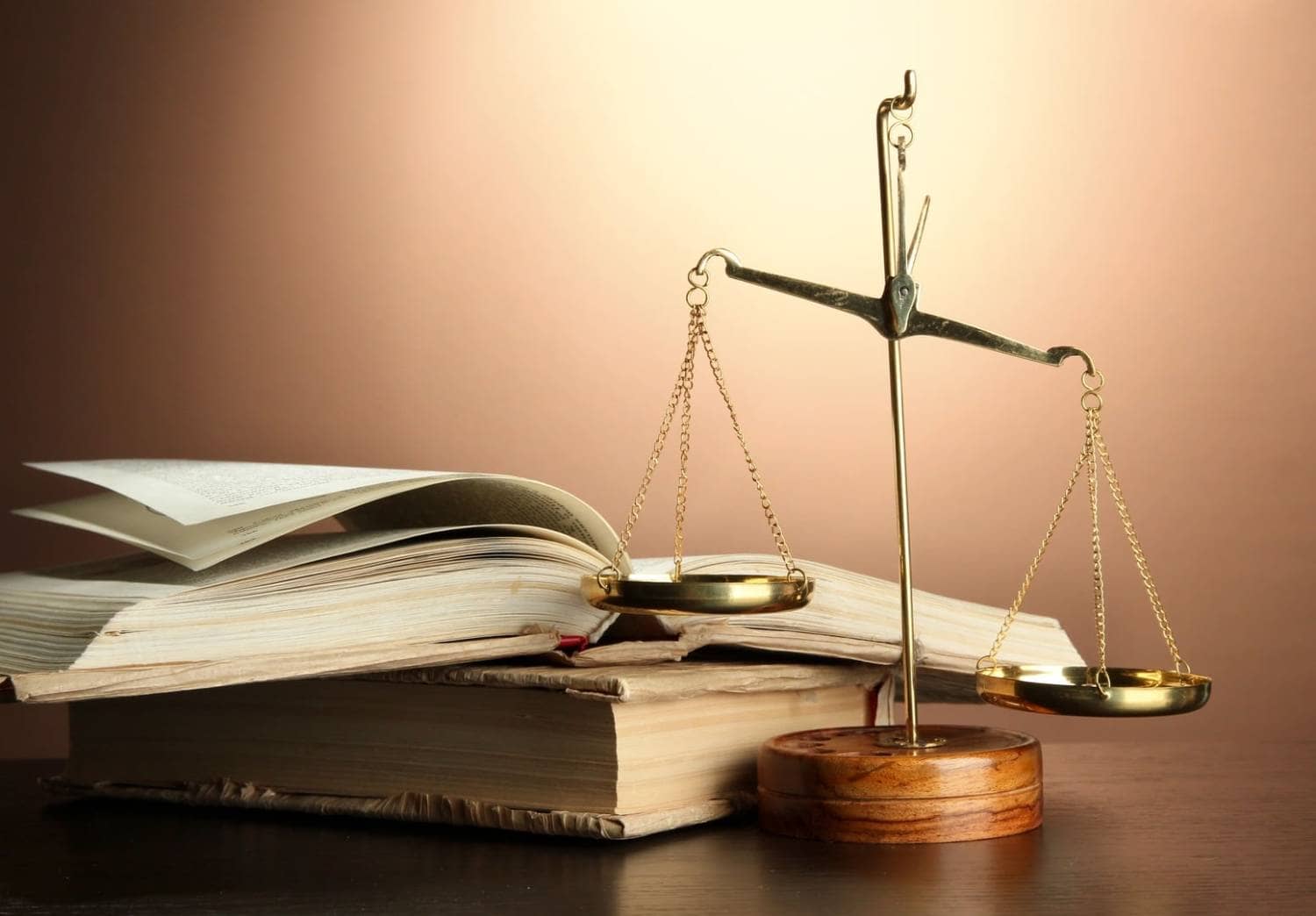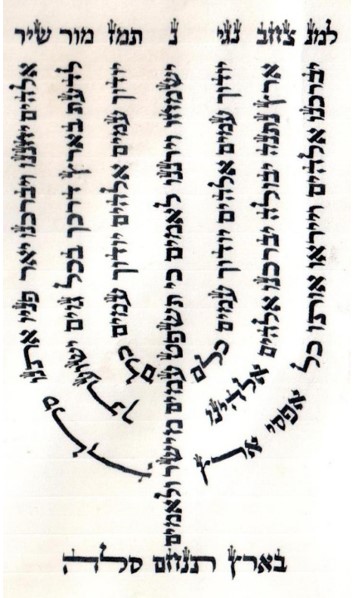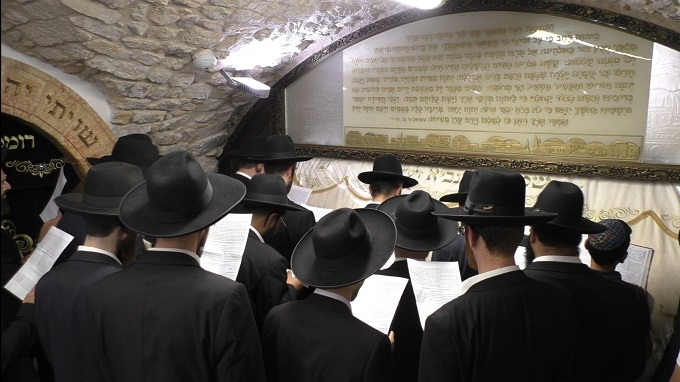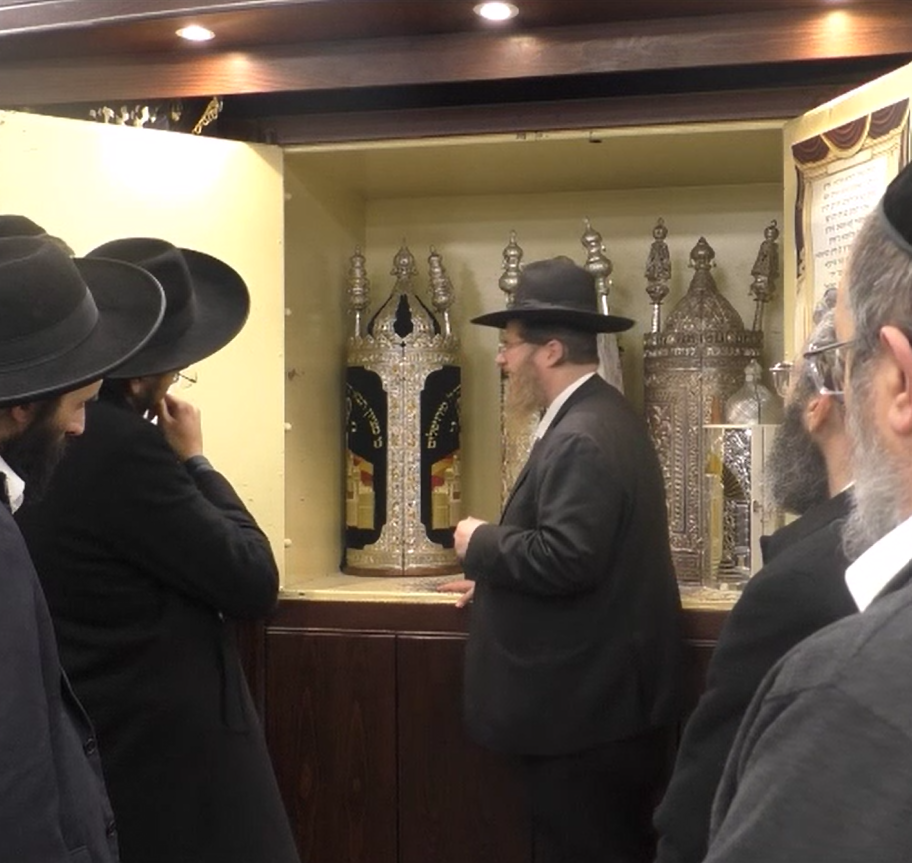
The laws of Maaser Kesafim (the Monetary Tithe)
Summary of the Tithing laws on Financial Income (Ma’asrot, Tzedakah, etc.) How much should a person donate of their profits


on: If you know that someone does not keep shabbos do you need to judge them favorably when you see them be Michalel shabbos?
: Your question is important, well done for your sensitivity. To judge a person favorably is not only good leadership, but a commandment made from the Torah, as the Torah said in Parashat Kadoshim, בצדק תשפוט עמיתך (rightly judge your colleague). However, the chazal explained that this does not mean that we should work on ourselves and as if not to understand what we are seeing. Rather, the mitzvah fence varies according to the matter and according to the type of person we see failing in the offense. That if we saw a righteous person being held in kashrut who had committed an offense, we should sentence him and judge them favorably, who apparently had a justified constraint to commit this act, , even when it is far from probable, we should sentence him favorably. If he is a mediocre person, and we have seen that he has done ‘doubt something forbidden’ we must tip the doubt to the palm of a right that he certainly did not commit an offense. And if we see that he has certainly done something forbidden, we must hold him in doubt, that is, that it is doubtful whether he has violated a prohibition. But if he is a person who is held to have committed an offense, and does not try to avoid offenses at all, if we see that he has done something that is prohibited or doubtful, we are not required to sentence him and judge them favorably at all. Therefore, in response to your question, if the person you saw from machalel Shabbos is a secular person who does not keep the Shabbos, you are not obliged to judge them favorably. However, if he is a mediocre, for example, traditional person who tries to avoid desecrating the Sabbath, you should sentence him to the right and hold him in doubt and not decide that he must have committed desecration of the Shabbos. And if he is a righteous man who usually keeps the Shabbos, surely you should condemn and judge him favorably. And the Sages have already said that all those who judge other people favorably will be also be judged favorably by hashem. brachah and success Sources and reasoning
PLEASE NOTE*
Attention: You should not learn from one case to another, each case must be analyzed individually. Generally speaking, it's always best to have contact with a Rabbi in person, not just virtual contact. Note that where there is a local Rabbi("Mara Deatra"), one should ask him. The answers are under the responsibility of the rabbi who responded, and not under the responsibility of the website and/or the Head of the Institution.
Last Articles

The laws of Maaser Kesafim (the Monetary Tithe)
Summary of the Tithing laws on Financial Income (Ma’asrot, Tzedakah, etc.) How much should a person donate of their profits

The laws and customs of Passover – according to the customs of Syrian Jewry (Aram Soba)
The laws and customs of Passover – according to the customs of Syrian Jewry (Aram Soba), and in particular

A video is presented to you regarding the segulah of the stone of the righteous, for those who wish to

The Highness of Kever Rachel – in the day of the Hilula, Cheshvan 11th (From the book Shoshani Tzion –

Kever Yosef Hatzadik in the city Nablus From the book Shoshanei Zion (still in manuscript) Yosef bones We are told

Kever Shmuel HaNavi – its Segulot and virtues
Taken from the book “Shoshanei Tzion” (still in manuscript) Kever Shmuel HaNavi is from the graves with a very ancient
You may interested
The Chief Rabbi of the Institute, together with dozens of Torah sages, will perform the Chidah’s segulah for you to raise your “Mazal” (luck, destiny), at the time of the opening of the Aron HaKodesh.
With Divine kindness, many were saved from their problems with this segulah!
Leave your details and we will return to you
